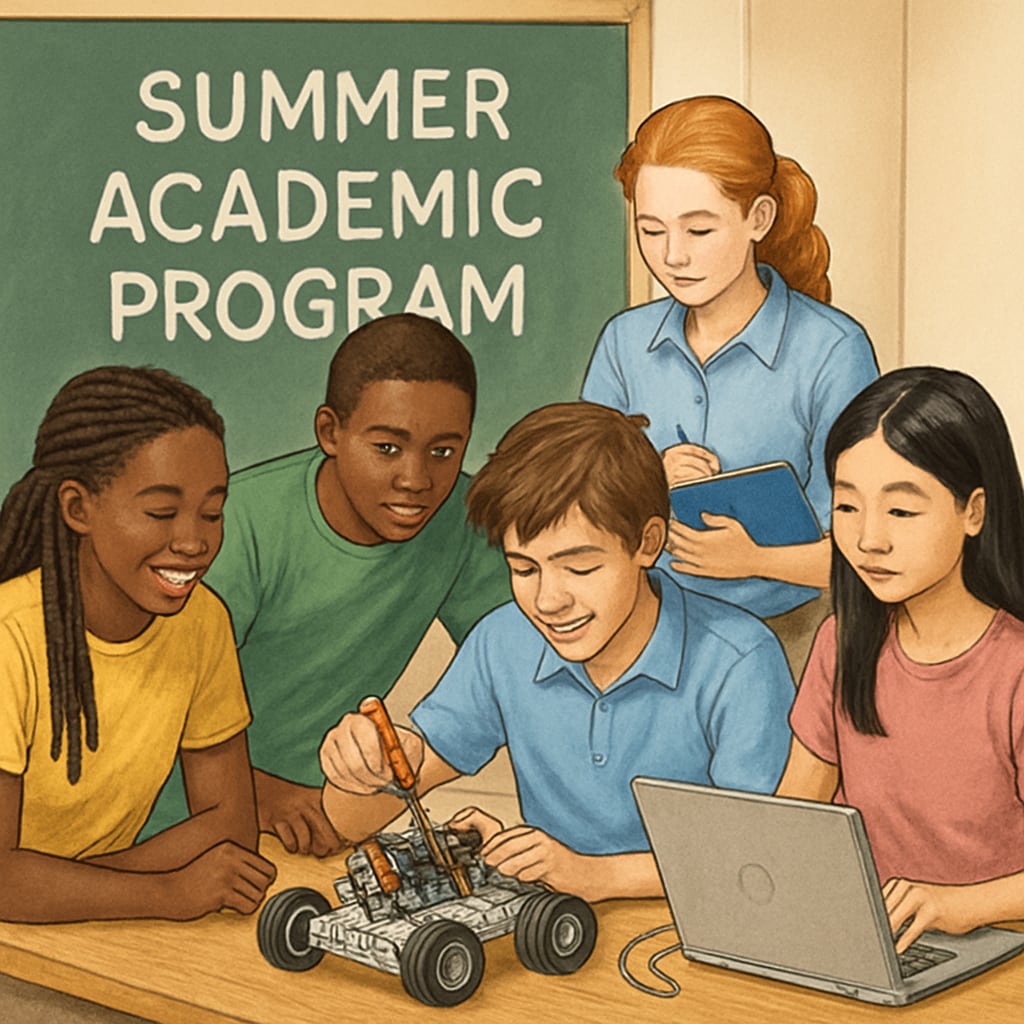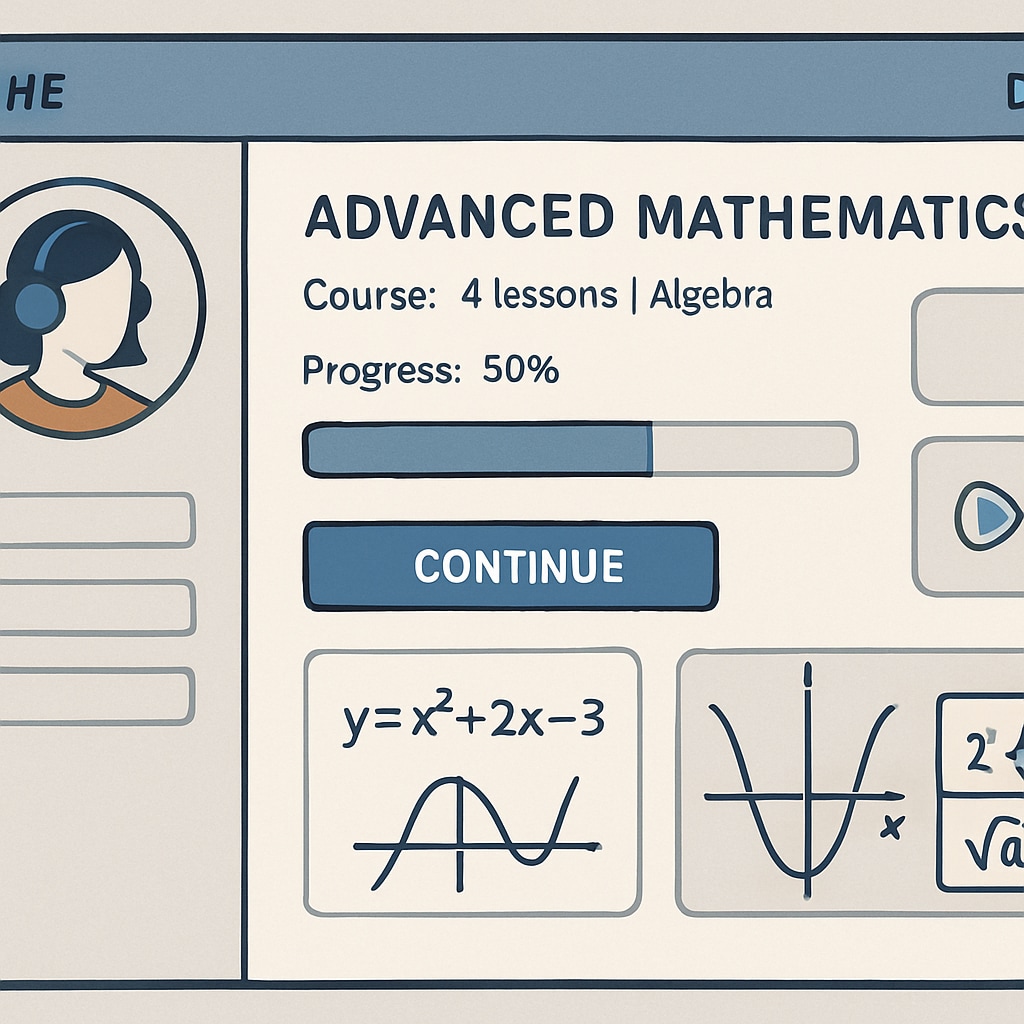The discontinuation of the Duke TIP program has left many parents and students in search of alternatives that can provide the same level of academic enrichment. Duke TIP (Talent Identification Program) was renowned for its work in identifying and nurturing gifted students through early academic evaluation, ACT-based assessments, and specialized learning opportunities. Its absence now underscores the need for similar platforms that can inspire and challenge high-achieving students. In this article, we explore the legacy of Duke TIP and suggest practical alternatives for families navigating the gifted education landscape.
The Legacy of Duke TIP and Its Importance in Gifted Education
Founded by Duke University, Duke TIP was a pioneer in the field of gifted education. The program identified academically gifted students as early as fourth grade, offering them opportunities to engage with advanced coursework and enrichment activities. By using tools like the ACT and SAT exams traditionally reserved for high school students, Duke TIP provided early academic evaluation to gauge young learners’ potential and tailor opportunities to their needs.
One of the program’s key contributions was fostering a sense of community among gifted students. Summer programs, competitions, and academic challenges allowed participants to connect with peers who shared their intellectual curiosity. Furthermore, these initiatives helped students develop critical thinking, creativity, and problem-solving skills—qualities that are essential for success in higher education and beyond.
However, with Duke TIP now discontinued, families must look elsewhere to ensure their children continue to receive the stimulation and support they need. Fortunately, several viable alternatives exist.

Top Alternatives for Gifted Education
While no single program may fully replicate Duke TIP, there are several noteworthy options that cater to gifted students’ academic and developmental needs. Here are some top alternatives:
- Johns Hopkins Center for Talented Youth (CTY): Like Duke TIP, CTY identifies gifted students through standardized testing and offers advanced courses, summer programs, and online learning opportunities. With a focus on STEM, humanities, and writing, CTY is highly regarded for its rigorous curriculum. Learn more about CTY.
- Davidson Institute for Talent Development: This organization supports profoundly gifted students through programs like the Davidson Young Scholars program and the THINK Summer Institute. Their resources are tailored to the unique needs of highly advanced learners. Explore Davidson Institute.
- Northwestern University’s Center for Talent Development (CTD): CTD provides assessment services, enrichment programs, and summer courses for gifted students. The program’s flexibility allows families to choose between in-person and online options. Visit CTD.
- Regional Gifted Programs: Many states and school districts offer gifted and talented education (GATE) programs that include specialized curricula, mentorship opportunities, and extracurricular activities. These programs vary by location but can be excellent resources for local support.
- Online Learning Platforms: Platforms like Khan Academy, Brilliant.org, and edX offer advanced coursework in a variety of subjects. While not specifically tailored to gifted students, these resources provide self-paced learning opportunities for those eager to explore new topics.

Choosing the Right Program for Your Gifted Child
When considering alternatives to Duke TIP, it is crucial to evaluate your child’s individual needs and interests. Here are some factors to keep in mind:
- Assessment: Determine whether the program uses standardized testing, such as the ACT or SAT, to evaluate your child’s abilities. Early academic evaluation can help identify areas where your child excels.
- Flexibility: Look for programs that accommodate your family’s schedule, whether through online courses, weekend workshops, or summer intensives.
- Community: Consider programs that encourage interaction with like-minded peers, as this can help your child build meaningful connections and develop social skills.
- Curriculum: Ensure the program offers challenging and engaging content that aligns with your child’s interests, whether in STEM, humanities, or the arts.
Ultimately, the goal is to find a program that nurtures your child’s talents while fostering a love of learning. By exploring the options available, families can ensure that their gifted students continue to thrive academically and personally.
The Future of Gifted Education
The end of Duke TIP marks a turning point in the field of gifted education. While its absence is deeply felt, it also presents an opportunity to innovate and expand the resources available for talented students. As parents and educators work together to navigate this new landscape, it is essential to advocate for programs that challenge and inspire young minds.
By staying informed and proactive, families can ensure that their gifted children receive the support they need to reach their full potential. Whether through established programs like CTY or emerging platforms, the opportunities for academic growth are endless—so long as we remain committed to nurturing the next generation of thinkers and leaders.
Readability guidance: This article uses short paragraphs, lists, and clear transitions to enhance readability. The content is designed to be accessible to a wide audience while maintaining a professional tone.


